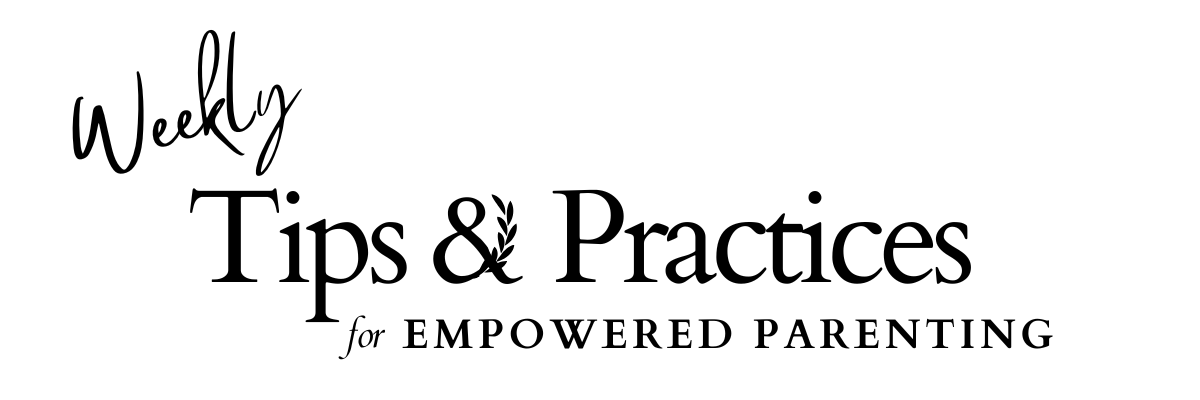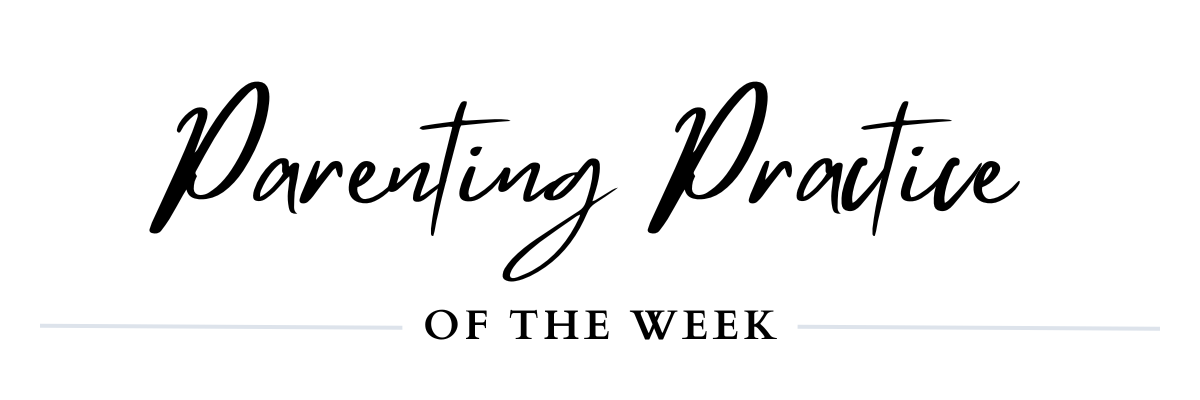What It Really Means When Your Kids Act Out...

I find it fascinating how our kids communicate with us. It's not always with words, is it?
For little ones, it might be a tantrum in the grocery store or a sudden burst of giggles.
With teenagers, it could be a slammed door, a rolled eye, or that infamous one-word answer: "Fine." It's like they're all speaking languages of their own, and our job is to become fluent in each one.
Whether you're dealing with toddler tantrums or teen angst, cracking the code of our kids' inner worlds is a game-changer.
It's easy to get caught up in the day-to-day hustle — making sure homework is done, dinner is on the table, and everyone gets to bed at a somewhat reasonable hour (though with teens, that last one can be quite the challenge!).
But in between all that, our kids are constantly sending us messages about how they're feeling and what they need.
Have you ever had one of those lightbulb moments where you suddenly understood why your child or teen was acting a certain way? Maybe you realized your 7-year-old's crankiness wasn't about the sandwich you made but about feeling nervous about a presentation at school. Or perhaps you noticed that your usually chatty teen gets eerily quiet when they're overwhelmed with college applications.
These moments of connection are golden. Because then we can support what is actually going on...
They're our chance to peek into our kids' hearts and minds—to understand the world from their perspective.
So this week, I challenge you (and myself!) to put on our detective hats.
Let's try to see beyond the behaviors and listen to what our kids are really saying. It might be frustrating at times, but I promise it's worth it.
Who knows? We might just discover something new and wonderful about these humans we're raising, big and small.

Behavior Speaks: Listening to Your Child's Inner World
When your child acts out, remember that behavior is a form of communication. Instead of focusing solely on the action, try to understand what your child's body and brain are experiencing:
1. Pause and observe: Take a moment to notice your child's body language, facial expressions, and overall energy.
2. Connect before correcting: Approach your child with curiosity and empathy, creating a safe space for them to express their feelings.
3. Investigate the triggers: Look for patterns in situations that lead to challenging behaviors. Are there specific environments, times of day, or interactions that seem to precede these moments?
4. Validate emotions: Acknowledge your child's feelings, even if you don't agree with their behavior. This helps them feel understood and builds emotional intelligence.
5. Offer support: Work with your child to develop coping strategies that address their underlying needs and perceptions.
By shifting your perspective to see behavior as a window into your child's inner experience, you can respond with greater compassion and effectiveness, fostering a deeper connection and promoting emotional growth.
Share This Article:
Curious for more?














